Mozilla's New Startup: Building an Open-Source AI Ecosystem with Trustworthiness and Transparency
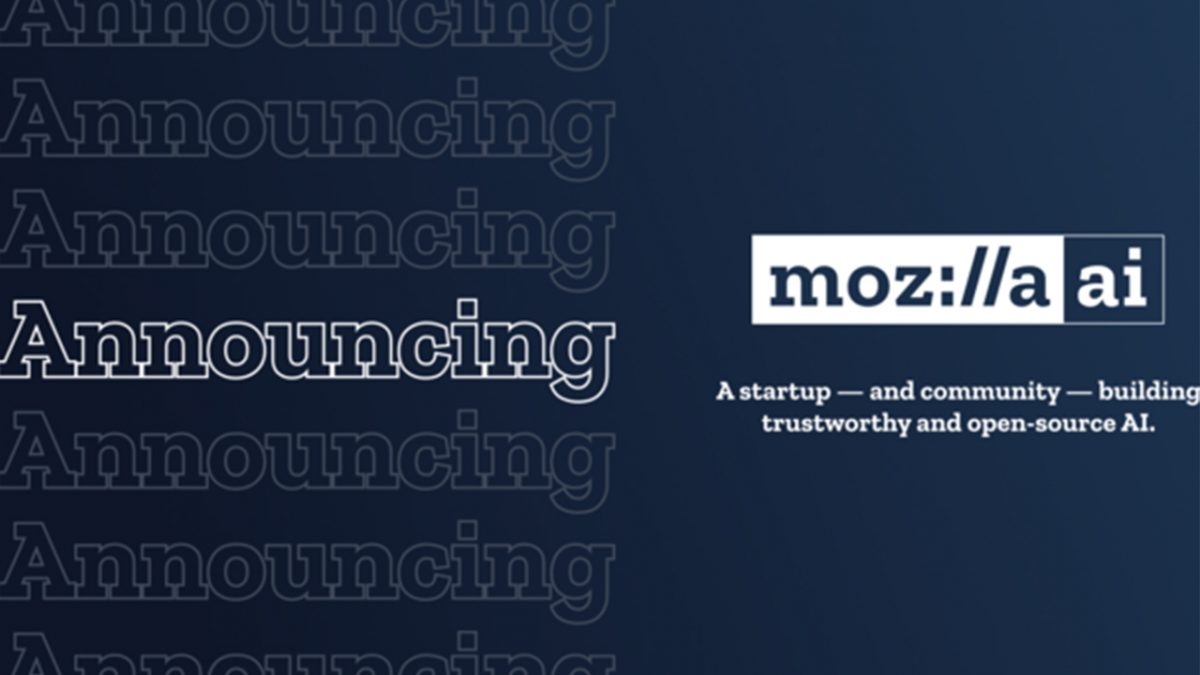
Mozilla has announced the establishment of a startup named Mozilla.ai, aimed at developing an open-source AI ecosystem that is both trustworthy and independent. The startup will be headed by Moez Draief, an experienced AI researcher and scientist. To support the initiative, Mozilla is investing a substantial sum of $30 million to kick-start the project.
As products such as ChatGPT, Bing, Dall-E, and Stable Diffusion continue to gain immense popularity, they are also facing significant challenges in dealing with misinformation and misuse, including the creation of deepfakes and copyright infringement issues. Moreover, these products are already transforming the way we use the internet, and if chatbots become our primary means of accessing information and inspiration, it could have far-reaching implications for user privacy, copyright, and other related matters.
Mozilla has been monitoring these developments for some time now, and its widely referenced 'Creating Trustworthy AI' white paper was published in 2020. However, until now, Mozilla has largely remained on the sidelines as far as product development is concerned. It is now taking a more active role in shaping the industry, not just through policy but also by developing its own products.
This approach is not new for Mozilla, as the company has a rich history of being a significant player in the market despite its small size, particularly with its Firefox web browser. Although Firefox may no longer be the most widely used web browser, it remains popular enough to ensure that Mozilla has a seat at the table. Given its deep understanding and genuine concern for the web, Mozilla wields an outsized influence in many of these discussions. It is worth noting that the company has its roots in Netscape, dating back to the early days of the consumer web, which means that it possesses a wealth of knowledge on the subject that is difficult for most others to match.
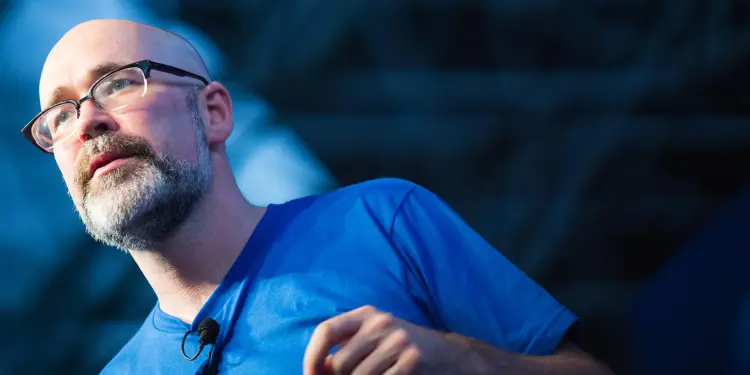
Mozilla may be small but it’s an influential force
The Mozilla.ai announcement is not particularly detailed regarding the specific projects the company plans to undertake. The company's website mentions its objective of creating 'a trustworthy open source AI ecosystem,' indicating that it will likely concentrate on developing tools for ensuring safety and transparency for developers, rather than attempting to compete directly with products like GPT-4.
While Mozilla frequently emphasizes its commitment to building wider communities and ecosystems, it is evident that the company also views AI as a crucial part of Firefox's future. Mozilla CEO Mitchell Baker stated in a recent podcast that she believes we are on the cusp of significant changes that could benefit Firefox (or another browser) in terms of recapturing lost market share. Baker suggested that disruption in the browser space is becoming increasingly likely, particularly in comparison to six months ago when the market seemed more static.
The timing of this announcement is quite intriguing. Companies like Google and Microsoft own and operate BERT and Bing, respectively, and they have a vested interest in maintaining their proprietary approach. Even OpenAI, which once pledged to be the type of open ecosystem that Mozilla envisions, has started to share significantly less information about its models and training data. It seems that Mozilla recognizes the need for a better model for developing AI, and that it may be the only organization capable of championing this approach.
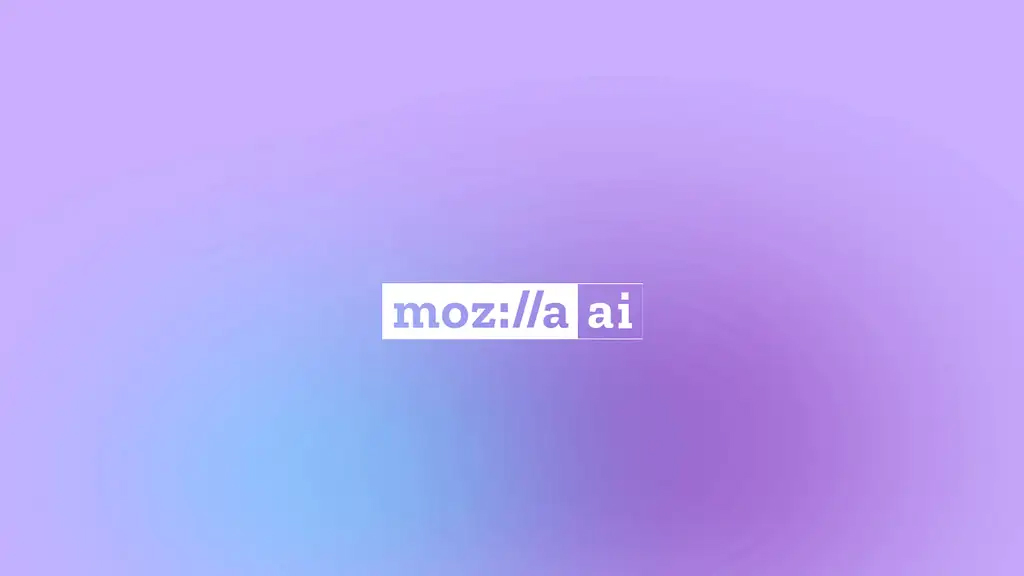



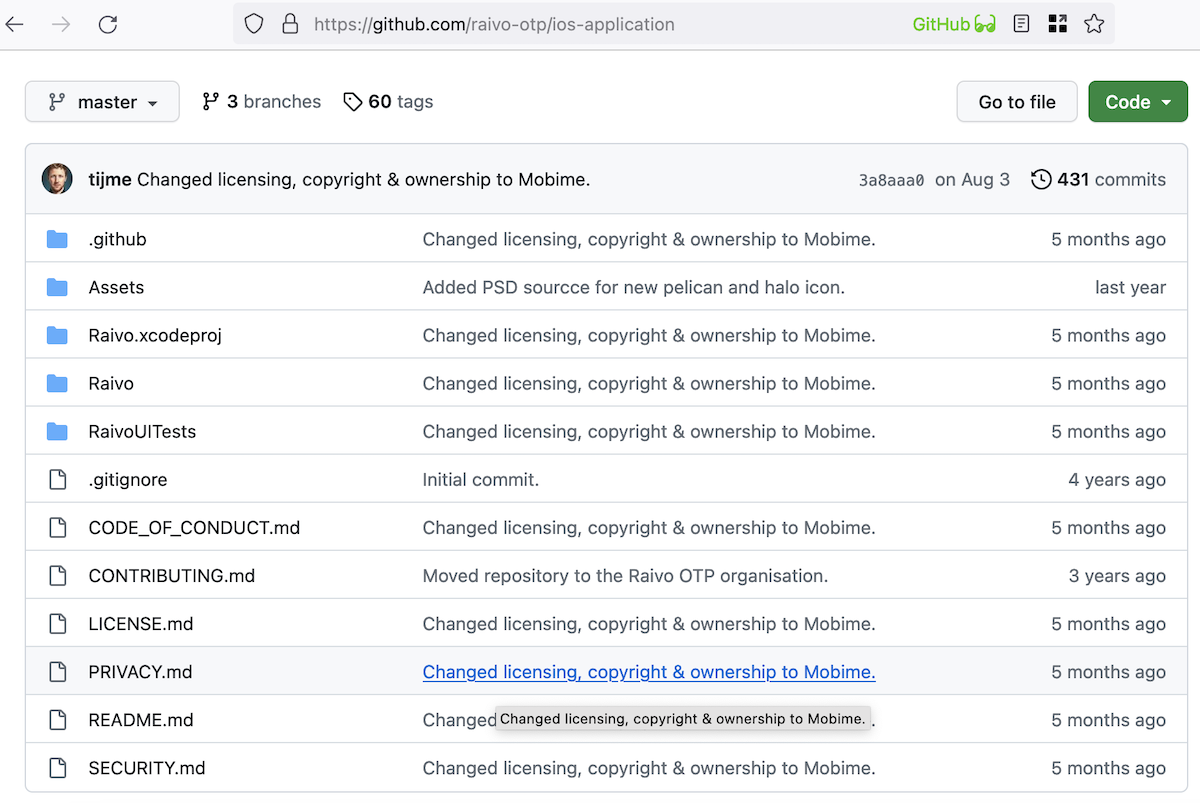






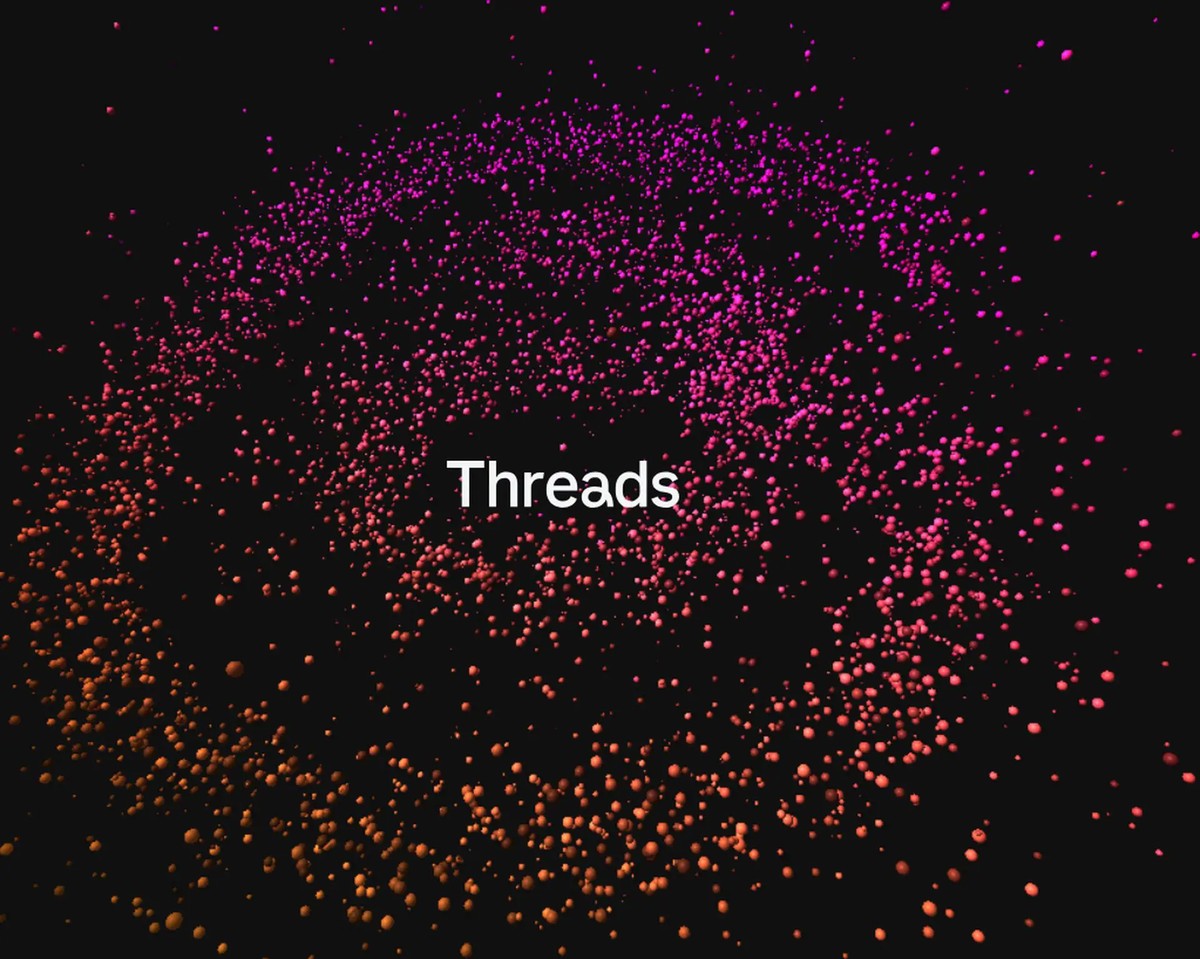










There isn’t a tech fad whose bandwagon Mozilla won’t jump onto, anything other than fixing their browser.
Anyone remember and enjoy using Firefox OS?
… Yeah I thought so.
This is pretty much the same thing if not worse.
I have said it before and I will say it again.
All browsers are bad.
The browser wars are dead.
Nobody won least of all us… the end user.
All we do is choose the one we hate the least and make compromise after compromise after compromise to put up with the lousy puppet masters pulling the strings.
I’m honestly getting sick and tired of hearing about this latest fad of bots. Its not entirely revolutionary, in fact its toxic and will likely be to our detriment.
I agree that Mozilla likes to act poor when it comes to actually spending on development of Firefox but when it comes to stupid stuff like this which they will just throw into the garbage heap along with their money and any hope of some forward momentum for their browser.
Also I would not go referring to Mozilla’s past as if they have taken anything from when all they have done is turn their collective backs to it and put it between their pants pockets.
They’ll spend money on anything other than building a better browser.
Sincerely,
-Someone who stupidly still uses Firefox
Firefox lost the plot long ago – all they do is copy others, like Chrome and refresh their UI every few years while they remove customization and still talk about privacy like their browser is any more private than anything else and the sad part is there are few tinfoil hat wearing weirdos that believe that Mozilla is not obliged by contract to sell their users’ data to Google and that Google is who sponsors Firefox’s existence so Chrome is not branded a monopoly.
Google doesn’t even have to do anything, Firefox will kill itself with the stupid decisions they make and how the browser just keeps getting worse and worse with each update.
Firefox dropping dead would be the most terrible thing that could happen to Google.
As Safari exists only in Appleland, and Edge (like “Opera”, Brave and other “alternatives”etc) now being just Chromium-mods, this means without Firefox, Google would have a de facto monopoly in browsers on PCs and Android devices.
A monopoly in a market, that only generates costs but no revenue is a terrible thing, because you tend to permanently get regulated, fined, broken up etc, without any benefit.
As long as Mozilla / Firefox exist, they don’t have this issue. Once Firefox / Gecko is dead, the shit will start to hit the fan for Google. That’s a scenario they’ll try to avoid at all costs.
Ok sure. Webbrowser is toward the bottom of the pack so instead of turning it around, let’s go chase after others and still stay in the bottom of everything. To think Mozilla used to be a leader, but is now stuck as a follower.
wow, you have nothing to say at all but trolling always works. You are so creative. Not.
@Tom
How is the anonymous trolling if Firefox lost 50 MILLION users in only 4 years??
Are you one of those people who can’t even research or ignore reality?
It is the whole Firefox OS all over again, you can read stories of ex-Mozilla employees who were hoping Mozilla would just give up instead of spending time and money in dumb stuff with no future, especially when the Browser has been losing more and more market share doesn’t matter what, Chromium based browsers grow while Firefox goes down.
You might not like and complain the words anonymous used, but come on, stop saying it is trolling because you don’t like truth and reality!
I also agree – Firefox was the King of Browsers, then it lost the browser war unanimously when Chrome came along and allowed Ad-Block extensions to be installed.
Why are there only like 5 forks of Firefox and 100+ forks of Chromium? Even browsers like Vivaldi and Brave that really want to talk big about privacy use Chromium. Vivaldi claims it’s the most customizable browser yet it doesn’t use Firefox as a base, but Chromium instead.
The short answer is anyone who is not completely detached from reality knows that Firefox is dead AF and it’s more sensible to use Chromium as a base for their browsers. I won’t be surprised in a few years if Firefox switches to Blink, like how Opera abandoned Presto despite how much effort they invested into making it compatible with websites.
Gecko or whatever the current Firefox rendering engine is called is already outdated and websites no longer run well on it and web developers don’t care to put in the extra work to do it and rightfully so – it’s not worth supporting a dead browser.
As Firefox continues to lose market share, more and more websites will stop working on it. I’m very curious to see how the deprecation of Manifest V2 will affect browser market share, I think the popular Chromium forks like Vivaldi, Opera and Brave will stave it off for as long as possible, but after that I guess people will just move from Chrome to other Chromium forks, besides most of the people that use Chrome don’t even know about Ad-Block so maybe the market share won’t change.